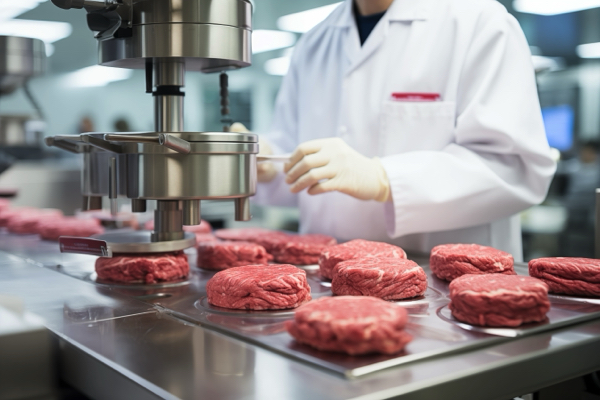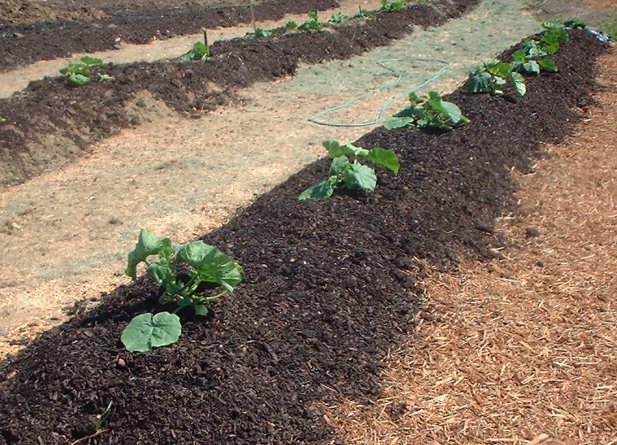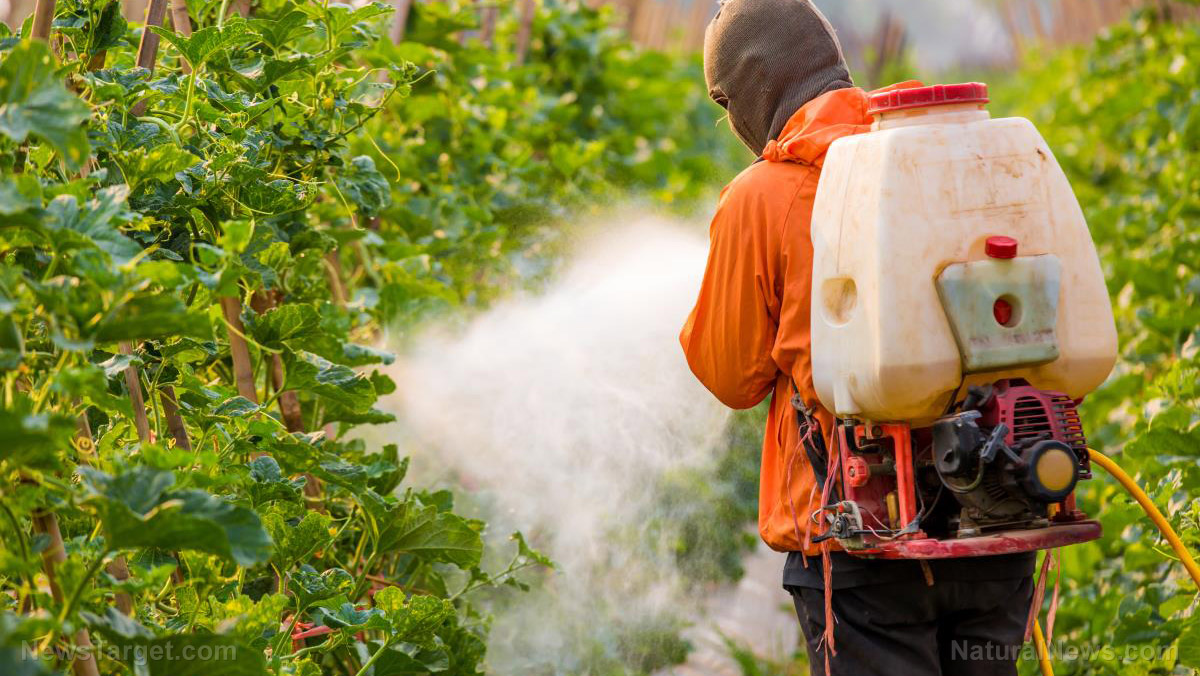
Thousands of farmers across Europe are still protesting against the European Union's destructive agricultural policies and climate regulations, soaring production costs and cheap imports from countries with less stringent rules.
The farmers, who came from Belgium, the Czech Republic, France, Germany, Greece, Hungary, Italy, Latvia, Lithuania, the Netherlands, Poland, Romania, Slovakia and Spain, have been demonstrating from all over the bloc.
In the EU's capital of Brussels, thousands of farmers clashed with riot police outside of the main EU complex. Riot police used water cannons against protesters and the more than 900 tractors they brought with them.
In Madrid, farmers called for reduced bureaucracy and revisions to the Common Agriculture Policy – the main policy program governing agriculture in the EU.
In Poland, farmers blocked a key highway at a border crossing with Germany in protest against the influx of cheap goods from Ukraine that are harming the income of Polish agricultural workers.
In France, farmers have staged protests at the Paris International Agriculture Show, a massive agriculture fair, over frustrations with President Emmanuel Macron's unfulfilled promises to agricultural workers.
Morgan Ody, the general coordinator of La Via Campesina, an international organization representing farmers, conveyed their grievances in Brussels. She discussed the impact of free trade agreements, deregulation, and prices falling below production costs. (Related: French farmers join German farmers in blocking highways with tractors, throwing manure to stop globalist agenda that targets farms for destruction.)
"We produce the food and we don't make a living. Why is that? Because of free trade agreements. Because of deregulation. Because the prices are below the costs of production. So we demand the EU to move on this," Ody said.
Farmers argue that the Green Deal, which advocates for stricter limits on chemical usage and greenhouse gas emissions, would only increase their production costs. This, in turn, would only make their products more expensive than low-cost imports from non-EU and third-party countries like Ukraine and others from Latin America that do not adhere to such high environmental standards. They argue that these low-cost imports unfairly compete and adversely affect the prices of their agricultural products.
In one of the ongoing protests at the Czech-Slovak border crossing known as Hodonin-Holic, farmers invited agriculture ministers from the Czech Republic, Slovakia, Poland and Hungary. As part of the protest, Slovak Chamber of Agriculture and Food representative Andrej Gajdos clarified that their protests were "against the wrong decisions by the EU."
Experts say the ongoing and escalating farmer protests are part of a bigger problem in Europe
These ongoing and escalating protests are part of a bigger problem in Europe. In 2020, the EU approved the European Green Deal, which is a set of policy initiatives that seeks to make the EU climate-neutral by 2050. Brussel plans to slash emissions by transforming the food, transportation and energy systems.
However, the Green Deal has triggered massive demonstrations by tens of thousands of farmers due to frustration with the economic strains imposed by climate regulations, rising production costs and increased competition from cheap imports. Additionally, farmers are concerned that the deal specifically targets the agricultural sector.
Caitlin Welsh, a global food security expert at the Center for Strategic and International Studies, explained the consequences of the Green Deal.
"As you're imposing these stricter climate regulations on farmers, there's a cost, and the cost has to be borne somewhere. If the cost is imposed on the farmer, well then the farmer is going to produce less. The farmer is going to protest. There are going to be ramifications," she said.
Moreover, agricultural economist Christopher Barrett at Cornell University stated that farmers globally are under considerable stress due to falling commodity prices and rising input costs. All this while governments are increasingly shifting away from direct agricultural subsidies in favor of greener production practices.
"Add it all up, and farmers in Europe and here in the United States are increasingly feeling under political attack – like support the government has long provided them is getting pulled back. Understandably, that concerns them," Barrett said.
Follow Revolt.news for more stories about the farmer protests happening in Europe.
Watch the full Feb. 2 episode of "Adapt 2030" below. "Adapt 2030" with David DuByne airs every Friday at 2-3 p.m. on Brighteon.TV.
More related stories:
French farmers dump manure on government buildings to protest climate hysteria.
Hundreds of German farmers set up disruptive road blockades to protest punitive taxes.
Sources include:
Please contact us for more information.




















